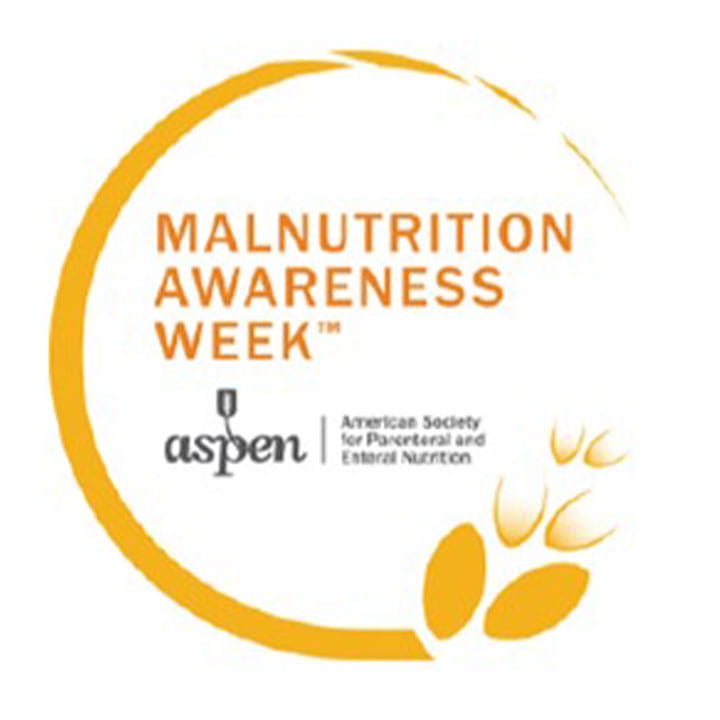Central Ohio is our community and we are fully dedicated to improving the lives and health of our friends and neighbors. We offer numerous initiatives throughout the year to help carry out this mission. Many of these events, classes and programs are completely free of charge.
Upcoming Events
Join us on the 2nd and 4th Tuesday of every month at 12 pm ET. Cameron Stauffer, a registered dietitian and culinary educator, Michael Carnahan, a chef and culinary educator, and Jenny Shrodes, a registered dietitian and a certified diabetes care and education specialist, team up to bring you flavorful diabetes-friendly recipes, offer some tips and tricks, and answer your questions about cooking with diabetes all in under 20 minutes. Register once to receive recurring reminders.
These cooking demos are made available through the collaborative efforts of the Diabetes and Metabolism Research Center, Diabetes Education and Nutrition Services and sponsored by The Ohio State University Wexner Medical Center Healthy Communities Obesity and Nutrition Steering Committee.
Are you one of the 88 million Americans with prediabetes? Here’s what you can do!
Thanks to today’s advancements in medicine, we are able to prevent, stop, and sometimes reverse some cases of chronic disease. Simple blood tests have allowed us to catch disease states earlier so that changes in lifestyle can have a big impact.
Research has shown approximately 88 million people in the United States have prediabetes. That’s almost one in three adults, making it one of the most common health conditions. Prediabetes is the term used to describe blood sugar levels that are above normal but below the diagnostic criteria for type 2 diabetes. If no lifestyle changes are made, it is common to see prediabetes develop into type 2 diabetes within 5 years.
Type 2 diabetes can lead to serious health problems and tends to be quite costly. The great news is that the Center for Disease Control and Prevention (CDC) has created a comprehensive program for individuals who have prediabetes. This program helps people make the lifestyle changes that are needed to prevent or delay diabetes. Research shows that the Diabetes Prevention Program participants who lost 5-7% of their body weight and achieved 150 minutes of exercise per week cut their risk of developing type 2 diabetes by up to 58% (71% for people over 60 years old). Even a decade later, program participants were one-third less likely to develop type 2 diabetes than individuals who did not join a program.
The Diabetes Prevention Program (DPP) is primarily focused on improving eating habits and increasing physical activity. This sounds fairly simple but can be much harder to put into practice day after day. Participants will be asked to participate in group sessions and complete handouts and monitoring logs at home. These activities help the participants turn these healthy changes into long-term habits.
If you have prediabetes, or know someone who does, please take action now. This program has yielded great results and comes at a low cost with trained professionals supporting you every step of the way. With the lasting results that we have seen, there is no better time than now to take control of your health and prevent, stop, or reverse prediabetes.
Contact Siera Holley at Siera.Holley@osumc.edu for more details or to register for the program.
Summary:
The National Diabetes Prevention Program (DPP)
A 52-week program designed by the CDC to prevent/delay type 2 diabetes
This program is designed to help you do the following:
- Learn the facts about healthy eating and active living
- Learn what things make it hard for you to eat healthy and be active
- Learn how to change your habits and adopt healthy behaviors
- Maintain weight loss and lifestyle changes
Are you eligible? To be eligible for the program, you must meet the following requirements:
- 18 years old or older and not pregnant at the time of enrollment.
- BMI higher than 25 kg/m2 (higher than 23 for Asian Americans as the body frame size is typically smaller)
- No current diagnosis of type 1 or type 2 diabetes
- An indication of pre-diabetes; this can be based on a blood test or a screening questionnaire:
- Blood test results can be one of the following:
- Fasting glucose of 100-125 mg/dL*
- A1c of 5.7-6.4
- Diagnosis of gestational diabetes mellitus during a previous pregnancy*
- If there is no blood test confirming prediabetes, this screening questionnaire can be used: http://www.diabetes.org/are-you-at-risk/diabetes-risk-test/*
- Blood test results can be one of the following:
*For Medicare coverage the fasting glucose result must be 110-125 mg/dl OR the A1c result must be 5.7-6.4. Medicare does not consider history of gestational diabetes or the screening questionnaire to determine prediabetes.
The Inaugural Allied Health Innovation Conference
Nutrition Services annual clinical competency day
Eating healthy doesn’t have to break the bank

A well-balanced, nutritious diet is important for our overall health. For those diagnosed with malnutrition, it is vital. The inability to access recommended foods whether it is due to factors such as lack of transport and/or location is known as food insecurity. Food insecurity is one barrier for those overcoming a malnutrition diagnosis.

Weight Management
Our Comprehensive Weight Management Program offers both surgical and nonsurgical options that can give you the tools to meet your goals.







